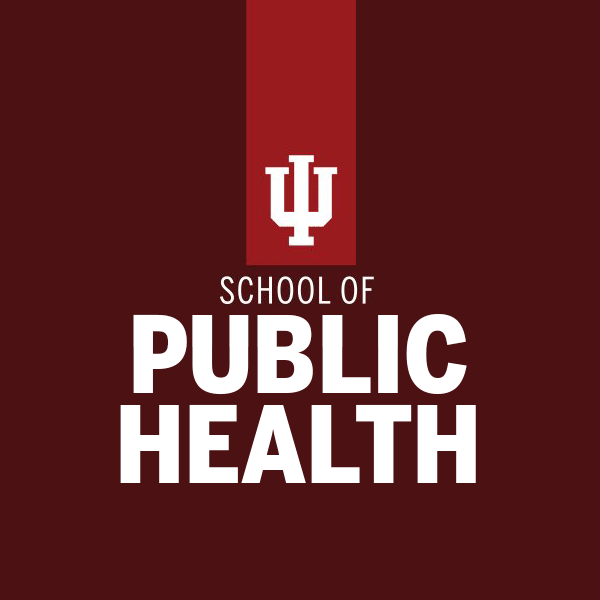Research conducted at the Biostatistics Consulting Center suggests administration of a gut bacterium (B. infantis EVC001) to low birth weight babies could prevent necrotizing enterocolitis (NEC).
According to a recent article in the Journal of Pediatrics, introducing a specific strain of gut bacterium, Bifidobacterium infantis (B. infantis) EVC001 to extremely underweight newborns could help prevent them from developing necrotizing enterocolitis (NEC), a serious disease affecting the intestine in very low birth weight (VLBW) babies and infant mortality. Dr. Arthur Owora, Stephanie Dickinson, and Lilian Golzarri-Arroyo of the Indiana University School of Public Health-Bloomington (IUSPH-B) Department of Epidemiology and Biostatistics and Biostatistics Consulting Center performed statistical analysis to contribute to the findings.

In a cohort study at the Oregon Health and Science University (OHSU), 182 very low birth weight (VLBW) infants (<1500 g) administered a B. infantis EVC001 supplement of 80-100 mL/kg/day were compared with 301 VLBW infants from a previous time-period who received no probiotic supplement.

The EVC001-fed cohort had a 73% risk reduction of NEC compared to infants in the No EVC001 cohort (11% versus 2.7%) with an adjusted risk ratio of 0.270 (95% CI 0.094, 0.614, P = 0.0054) after adjusting for sex, birth weight, gestational age at birth and mode of delivery. There was no NEC-related mortality in the EVC001-fed cohort, compared to 8 with NEC-related mortality in the comparison group, yielding a statistically significant difference (0% vs. 2.7%, P = 0.0274).

Among high-risk infants born via C-section, exposure to B. infantis EVC001 was associated with 88% lower risk of developing NEC. Dr. Owora says this information is a possible "game changer in reducing the burden of a devastating neonatal inflammatory bowel disease." He adds, "This collaborative work highlights some of the advantages of leveraging the intersection of academia and industry for drug discovery."
To learn more about IUSPH-B, visit publichealth.indiana.edu. More IUSPH-B news is always available at go.iu.edu/48bx.


